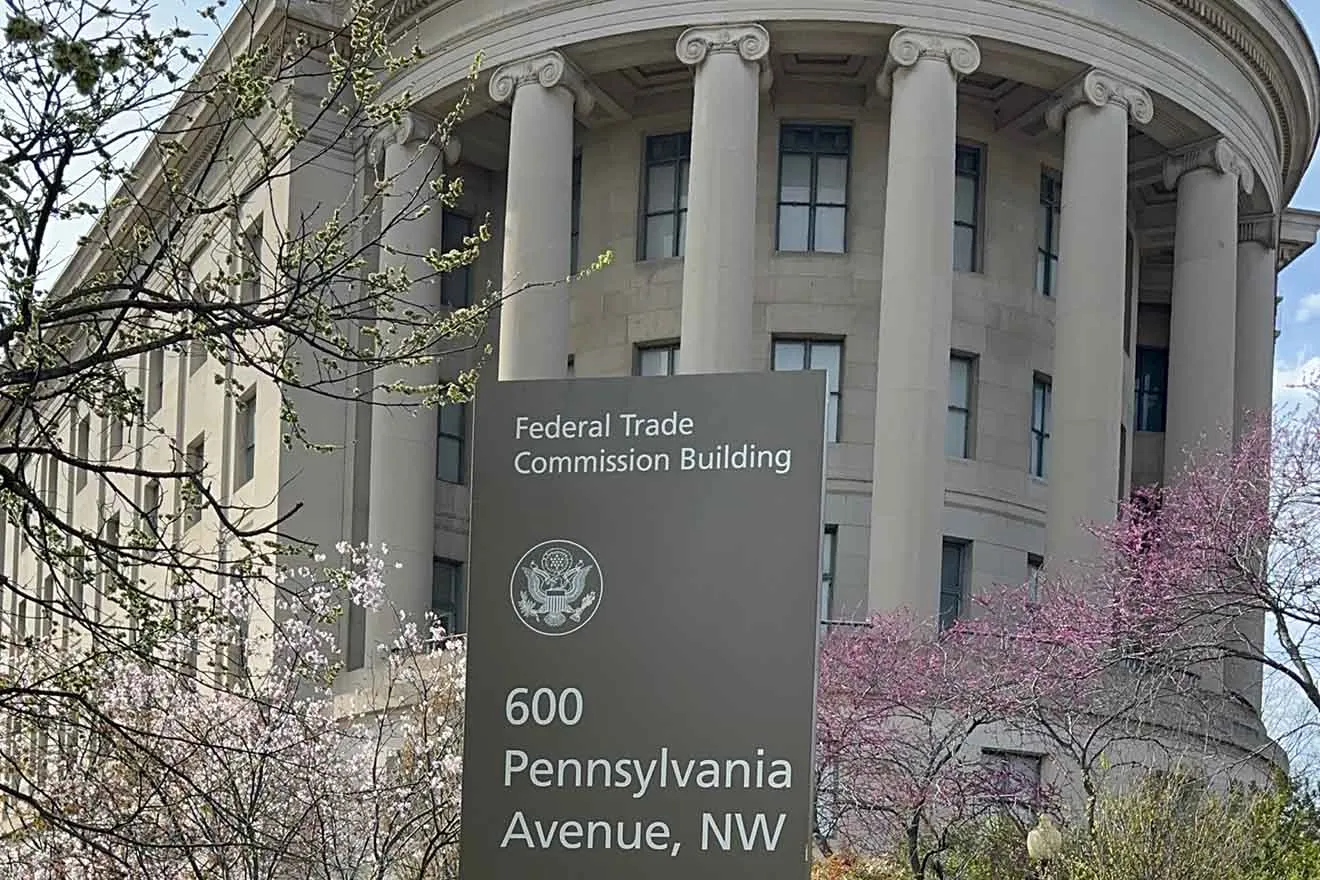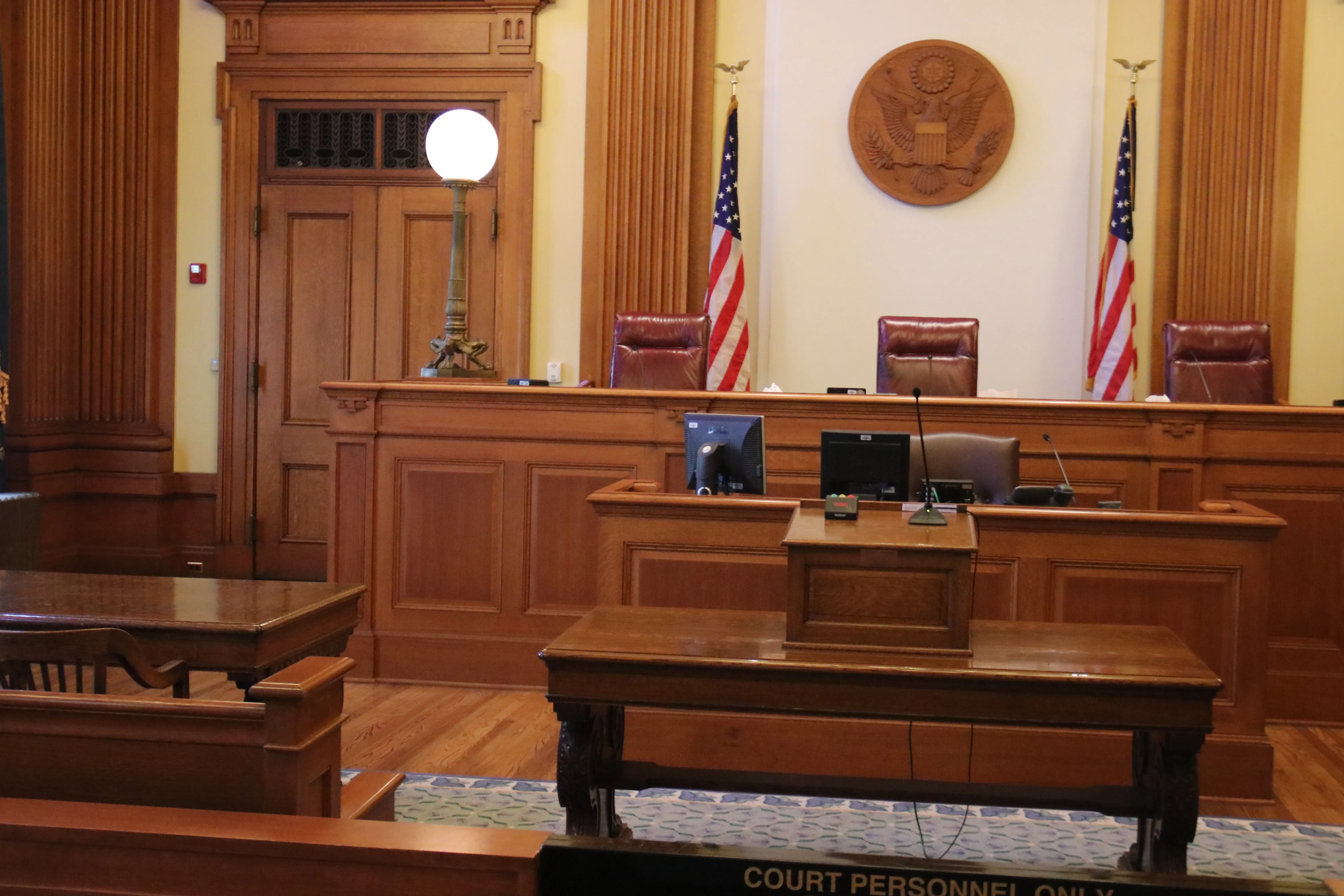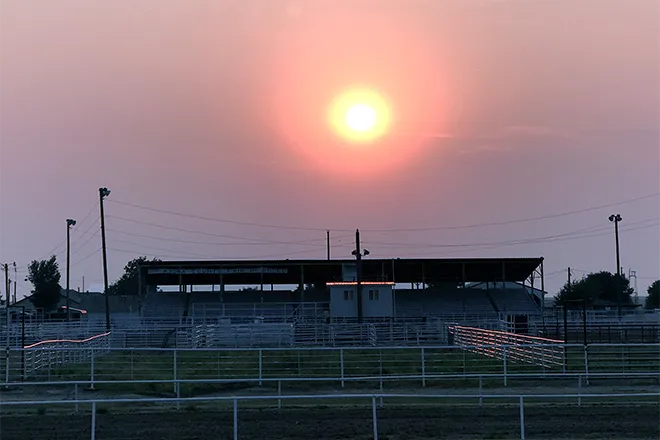
Amended AI bill proposes to delay implementation of 2024 law
© Khanchit Khirisutchalual - iStock-1515913422
House Bill 25B-1008, one of the dueling artificial intelligence bills introduced during the special session, was gutted during its House Appropriations committee hearting Friday afternoon to become a simple extension of the controversial 2024 law’s effective date.
The bill would now push implementation of Senate Bill 24-205 until October 2026, rather than February 2026. The change was approved on an 8-3 bipartisan vote and now heads to the full House for debate.
“That’s where we are, so that we as a Legislature can come back to this issue and have a proper discussion when have time during a session. Doing this during a special session is quite difficult,” Representative William Lindstedt, a Broomfield Democrat, said. “I’m asking that we move out the date so we can do this responsibly during the next session.”

Colorado Capitol Building Denver © iStock - kuosumo
HB25B-1008, as introduced, would have required developers and deployers disclose to consumers if they are interacting with the technology, such as in a chatbot. Violations would have gone against the Colorado Consumer Protection Act. The bill also would have added the use of AI as a liability under the state’s anti-discrimination law. But now, however, the bill simply pushes the start date back on the 2024 artificial intelligence regulation.
That would give lawmakers over a year to find a policy solution that appeases the governor, tech groups, industry players and consumer advocates.
Representative Michael Carter, an Aurora Democrat also sponsoring the bill, said Aurora Public Schools has warned him of a $1.5 million price tag to comply with the 2024 law. Carter also sits on the Aurora school board.
“That would give those school districts that time over the summer, when they’re not dealing with graduation or curriculum or kids, to actually implement whatever (we decide),” he said.
SB24-205 put regulations on the use of AI in the decision-making process for things like employment, school admissions and loan approvals. Companies and other entities will need to let people know when AI is used in those instances and allow them to correct any incorrect information. AI developers will need to predict and mitigate potential biases and misuses of their systems. The regulatory framework was the first of its kind in the country.

Polis wanted lawmakers to use the special session to adjust that law as businesses and other entities worry about the cost and feasibility of implementation in a few months. A delayed start date would punt those negotiations until next year.
Representative Brianna Titone, an Arvada Democrat who sponsored the 2024 law, offered her own amendment to place the start date in May 2026. That would give stakeholders the rest of the year and a regular legislative session to rework the policy and would keep the parties in good faith at the negotiating table, she said.
“I don’t believe for one minute that we need extra time for rule making because I believe that everybody wants something different at the end of the day,” she said. “The October date is just too much slack, and I feel that in negotiation, if you give someone too much slack, they leave the room, go around the corner, cut the rope and run away.”
Titone is sponsoring Senate Bill 25B-4, which would adjust the existing AI regulation to require transparency about how a system works and whether it could be discriminatory if it is used to make consequential decisions. That bill stalled Friday, when it was supposed to go through its own appropriations committee process.
The outcome is that lawmakers will now decide between pushing back the existing 2024 law to give more time for negotiations or adopt SB25B-4’s provisions.
















